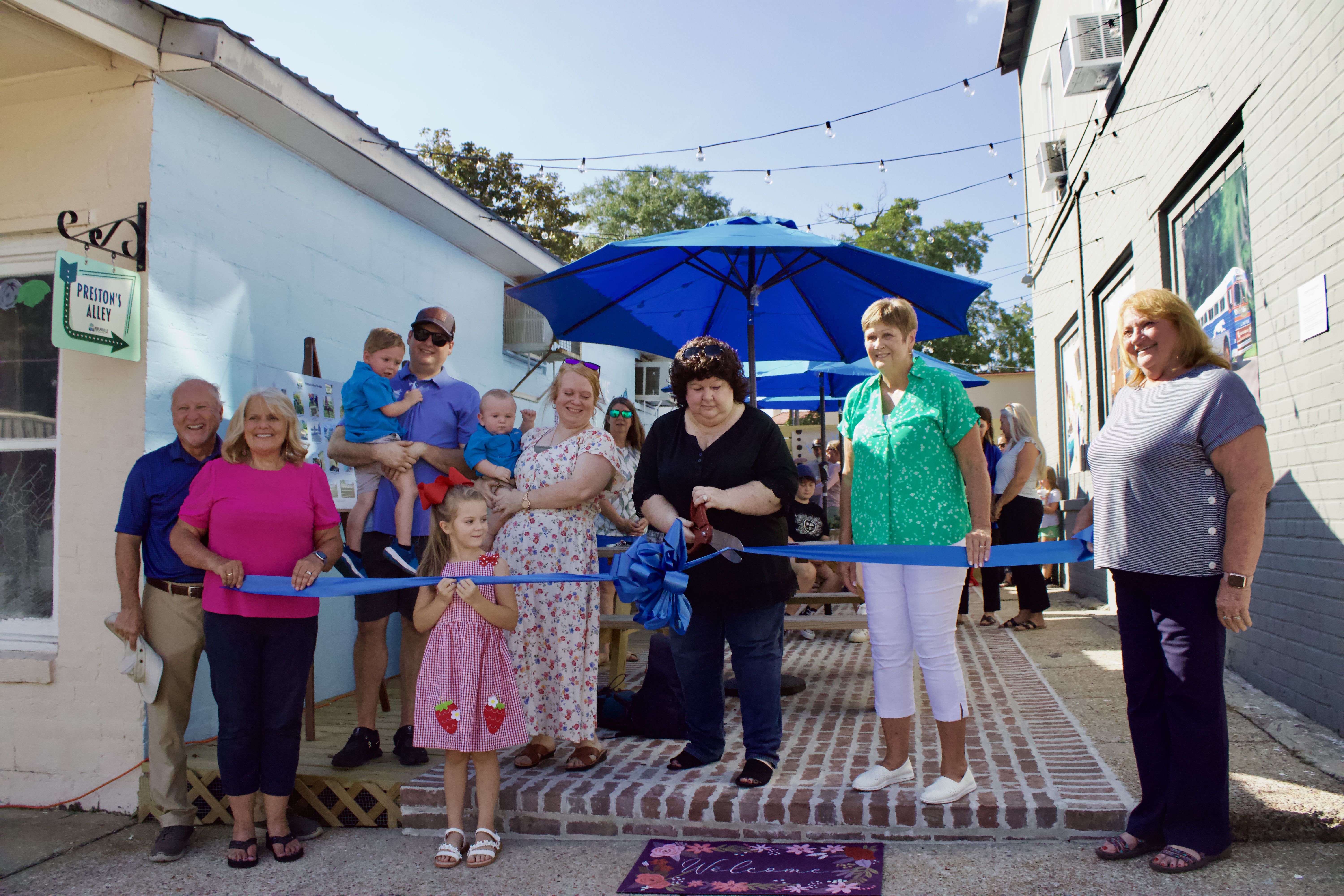Domestic violence victims face barriers to receive assistance
Published 7:00 am Saturday, October 5, 2019
In 2018, the Gulf Coast Center for Nonviolence received 622 crisis hotline calls from Pearl River County residents and provided services to 93 people in this county. There were 45 adult and child domestic violence victims from Pearl River County who received services through the center’s domestic violence programs.
Counselors from the Gulf Coast Center for Nonviolence come to the county to provide services to victims of domestic violence, said Stacey Riley, CEO of the Gulf Coast Center for Nonviolence. In 2018, the center provided 15 individual counseling sessions and seven group counseling sessions to Pearl River County domestic violence victims.
“We see hundreds of people every year who have been affected by domestic violence,” said Riley. “In reality, people will die because of it.”
Trending
There are many reasons someone might stay with their abuser—out of fear, financial obligation, for religious reasons or they may have faith that the situation will get better, said Wendy Mahoney, director of the Mississippi Coalition Against Domestic Violence.
“It’s so easy to say, ‘Why did you stay?’ In most cases it’s fear, fear of ‘What if he kills me if I leave?’ Fear of ‘How I support myself and my kids, fear that everything he’s threatened with will come true,’” Riley said.
When victims do seek assistance, one of the biggest barriers to accessing resources in Pearl River County is transportation, said Capt. Constance Myers with the Picayune Police Department. There are no domestic violence shelters in the county, so locals have to travel to the Gulf Coast Center for Nonviolence shelter in Harrison County. However, when someone does not have transportation, it is still worth seeking help, Myers said.
“If they need to get away and they need help, we will make a way to get them the help they need,” Myers said.
There is a need for a shelter in Pearl River County, Myers said, because it would allow victims to reach a safe place without traveling to another county.
Along with housing, shelters provide nonresidential services like childcare, legal help and education, Mahoney said.
Trending
There are 12 domestic violence shelters that serve the 82 counties in Mississippi, Mahoney said, so the shelters are overloaded.
“We don’t have that many resources within our state,” Mahoney said.
Legal services are sought by victims the most often, Mahoney said. In Pearl River County, there are courtroom advocates who help people navigate the legal system, said Riley.
“We need more legal services and more law enforcement that are specifically trained to work with domestic violence victims,” Riley said.
Law enforcement officers who have been specifically trained to work with domestic violence victims understand the dynamics of domestic violence and trauma and are better equipped to build trust with victims, Riley said. Pearl River County does have officers specifically trained to work with domestic violence victims, Riley said, which benefits the area.
Legal services, counseling, children’s services and housing are all needs that Mahoney says go unmet within the state, because of the limited number of resources. Housing is the biggest unmet need she sees, Mahoney said.
However, in the last two years the Gulf Coast Center for Nonviolence has been able to add additional staff positions, open other offices and add services, Riley said.
“Hopefully in the near future we will add more,” Riley said.
The National Hotline for Domestic Violence is 1-800-799-7233. The Mississippi Coalition against Domestic Violence can be reached at 1-800-898-3234. The Gulf Coast Center for Nonviolence crisis line is 800-800-1396.





